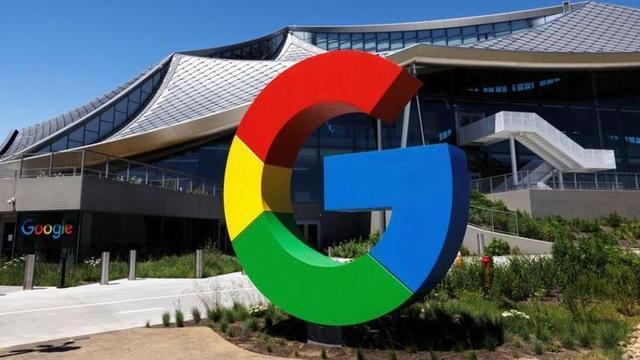Technology giants compete for digital dominance as Google faces new challengers. Many experts question who might lead next. Google remains powerful in search and online advertising. Its position is not guaranteed forever. The digital landscape changes rapidly. Competitors grow stronger daily.
(After Google: Who or what will succeed it?)
Amazon controls much online shopping and cloud computing. Its Alexa assistant reaches millions of homes. Amazon gathers vast consumer data. This data fuels its advertising business. It directly challenges Google’s core ad revenue. Apple focuses on hardware and privacy. Its devices like iPhone are everywhere. Apple limits tracking used by advertisers. This hurts Google’s data collection methods. Apple develops its own search technology quietly.
Microsoft invests heavily in artificial intelligence. Its Bing search engine integrates OpenAI’s ChatGPT. This offers new ways to find information online. Microsoft pushes this technology into its Office software widely used by businesses. Smaller AI startups also emerge rapidly. They create specialized tools for specific tasks. These tools might replace traditional search for some users. People increasingly ask AI assistants questions directly. They skip typing keywords into a search box.
(After Google: Who or what will succeed it?)
The future of finding information online is uncertain. New players could reshape the market entirely. Consumer habits continue evolving quickly. Trust in big tech companies fluctuates. Privacy concerns influence user choices. Technology shifts create opportunities for fresh competitors. Established giants fight fiercely to keep their users. The battle involves search, advertising, cloud services, and personal assistants. Success depends on innovation and adapting to user needs. Market leadership demands constant reinvention. No single company seems certain to dominate the next decade. Many contenders possess significant resources and ambition. The race remains wide open.

